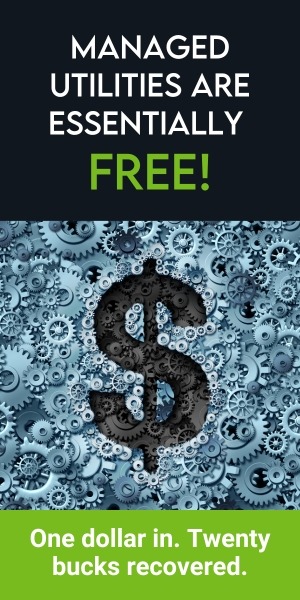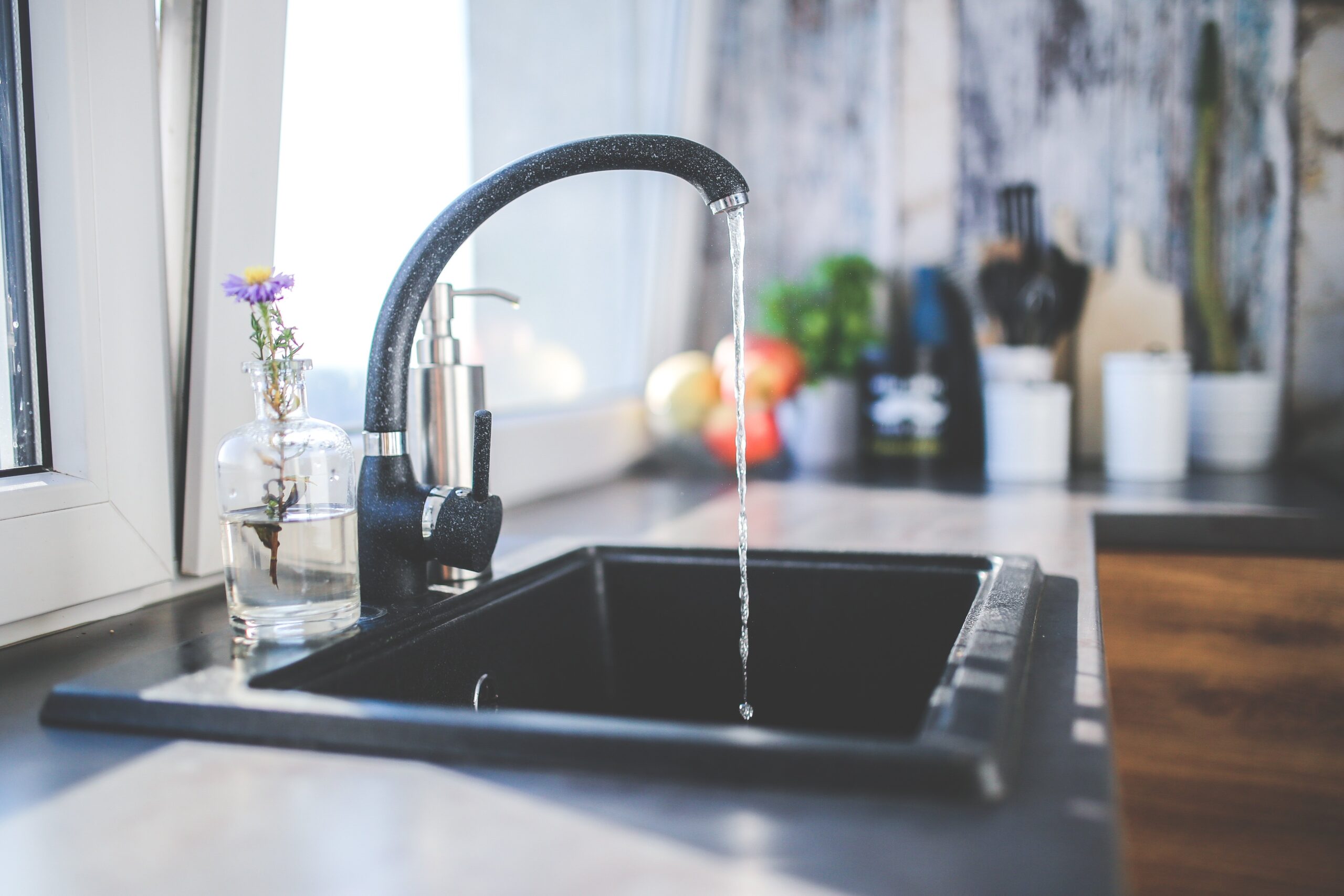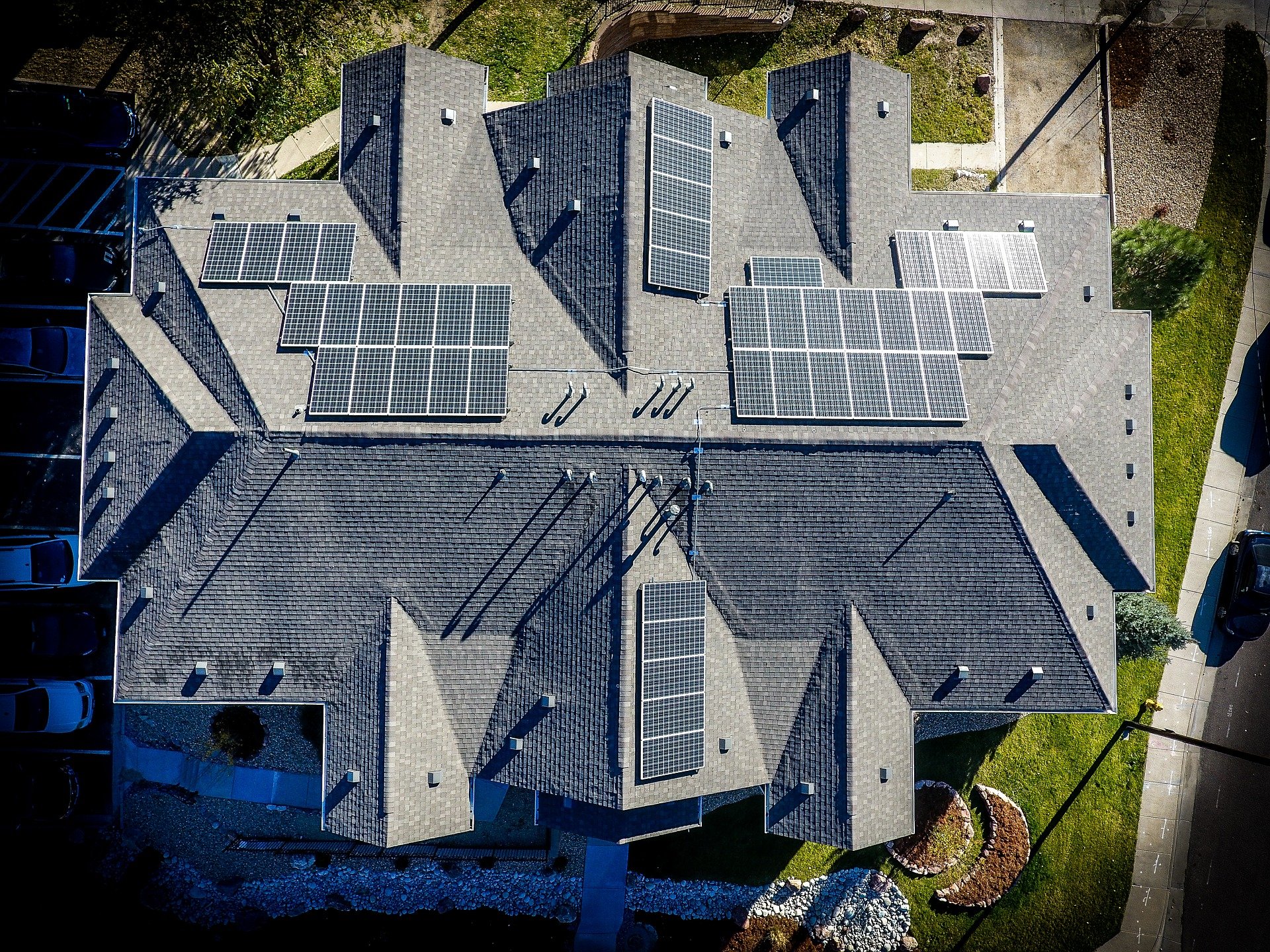Well, we’re a couple of years into the pandemic now, and it’s safe to say that most of us—regardless of our role within the industry—have experienced some curveballs, forcing us to either adjust our processes or strikeout.
We’ve encountered mail delays, moratoriums, labor shortages, and many other issues that have impacted utilities across every real estate market. For example, with the pandemic-driven shift to remote work, electricity costs have increased by 7.9% in residential areas and decreased by 6.9% in commercial spaces. That’s just one utility, one curveball. But this seemingly small shift to remote work has also affected utilities like gas, water, and waste.
Did these curveballs make it harder to manage utilities? Absolutely. But even in a pandemic, there are still ways to optimize processes, lighten workloads, and lower utility costs.
Here are some great places to start.
Late fees add up–eliminate them.
Avoiding late fees may sound like an obvious solution to an overspending problem, but you would be surprised at how often late or missed payments occur. It also may be surprising to know that the average provider late fee can be more than 5% of the balance due—which adds up quickly when you’re managing multiple utility accounts for multiple locations.
So, what can you do to avoid late fees?
- Establish a bill retrieval process that allows you to track bill arrival dates, retrieve bills from multiple sources (e.g., post, email, provider websites, etc.), and quickly locate missing bills.
- Set internal deadlines and standards for invoice processing and data entry to ensure timeliness and accuracy.
- Make a timely provider payment. Pay the right amounts and accounts, and remember to factor in payment processing time.
Expert Tip: Some payment options have additional costs and varying processing lengths. Use the most cost-effective and time-sensitive option for each situation.
Knowing is most of the battle, so perform audits.
Up to 20% of provider invoices have billing errors, which can quickly lead to an unnecessary amount of overspending. Every processed invoice must undergo a comprehensive audit to identify issues such as cost and usage variances, estimated reads, meter changes, rate changes, unusual fees, bill misprints, and so on. Any found issues would then need to be resolved with the utility provider.
Outside of invoice audits, you can also perform some of the following audits to find additional, hidden savings:
Rate Audits: If you have properties in a regulated area, you can review your utility provider’s full rate and tariff schedule to determine if lower rates are available. If your properties are in a deregulated area, you can closely monitor energy markets to find lower, more beneficent rates.
Tax Audits: Several states have passed legislation allowing some utility accounts to be sales tax exempt. If your utility accounts qualify for this exemption, it can lower your bill by up to 6%. In some instances, you may be able to also receive a refund for past sales tax payments.
Site Audits: This kind of audit may require a hired professional, but the idea behind it is to perform a comprehensive analysis of every property you manage—reviewing equipment, utility costs, etc.—to identify opportunities for reducing waste, increasing efficiency, and lowering costs.
Waste Audits: Like the rate audits mentioned above, you can perform a waste hauler audit to find better rates and terms. But that’s just the tip of the wasteberg! You can also compare your line items to your contract to identify overbilling, monitor your compactors to find a better pickup schedule, and so on.
Click here to learn how one property cut their bulk waste bill by 47%.
Make efficiency upgrades.
While this recommendation may fall into the spend money to make money category, it does not change the fact that the long-term value of making efficiency upgrades is incredibly high—as is the demand for efficient spaces. They significantly lower utility costs, improve the environment, attract customers and investors, and set your properties up for the long haul.
Encourage conservation by showing them the bill.
A simple, somewhat low-cost way to reduce utility expenses is to encourage your residents and tenants to conserve. And the best way to do that is to bill them directly for their consumption. Doing so will increase their awareness and help significantly lower their utility costs.
For example, a study by the National Apartment Association (NAA) and the National Multifamily Housing Council (NMHC) found that residents who were billed using RUBS or submetered billing methods used 6-39% less water than those who were including utilities in their rent.
There’s a pandemic out there, so find some friends.
Sure, you can probably handle some of these things on your own with some extra labor or a property management add-on service—but you don’t have to. There’s a better way. There’s us!
For more than two decades, Conservice has helped property owners of varying sizes and markets to optimize their processes, lighten workloads, and lower utility costs. We’ve innovated right alongside the hundreds of businesses who’ve relied on us throughout this entire pandemic, and we’re ready to handle any new or unique curveballs that come your way. Simply send us an email or chat with one of our experts. We’re friendly, and we love talking about utilities.






